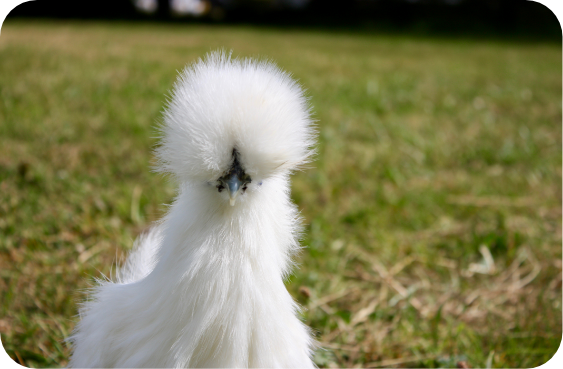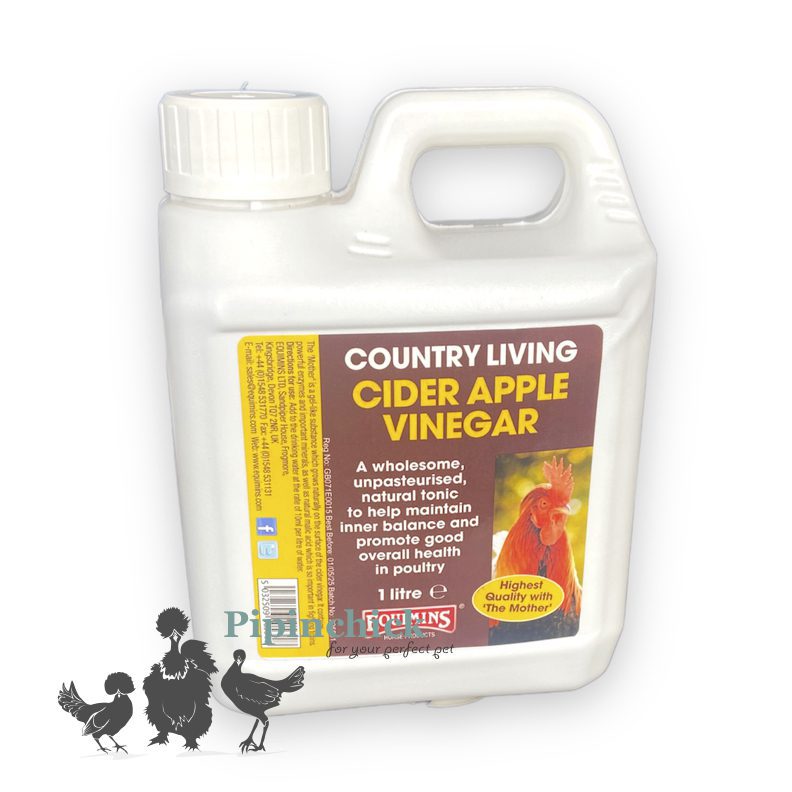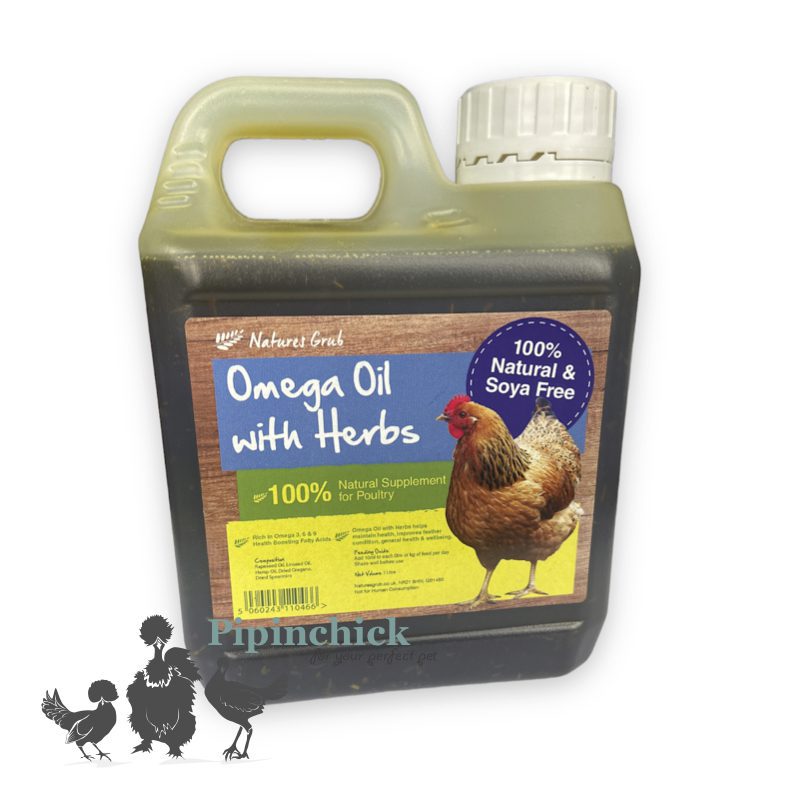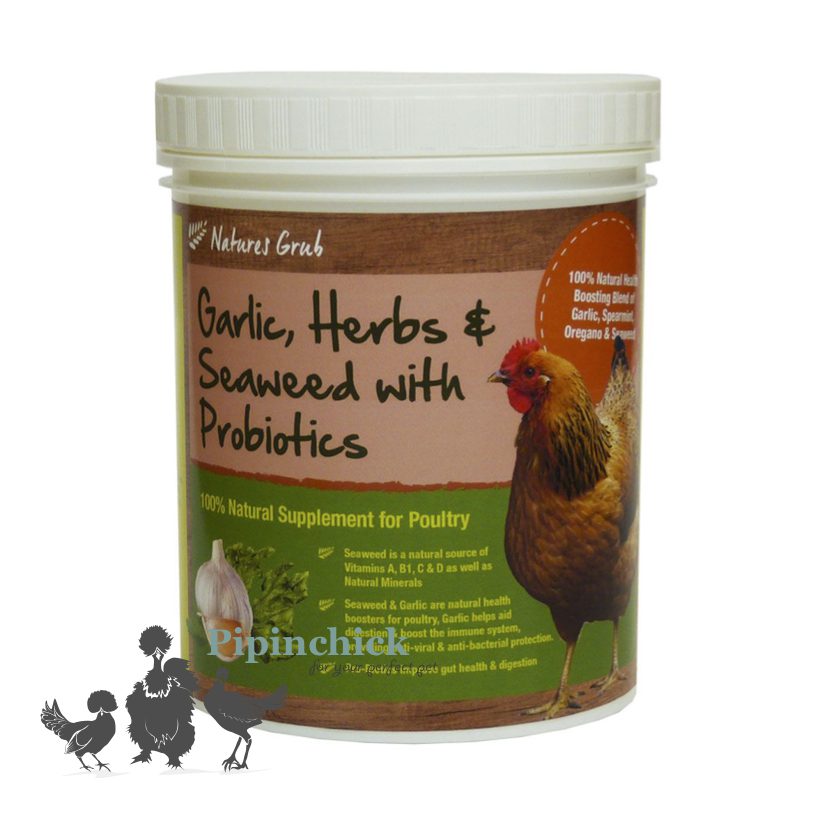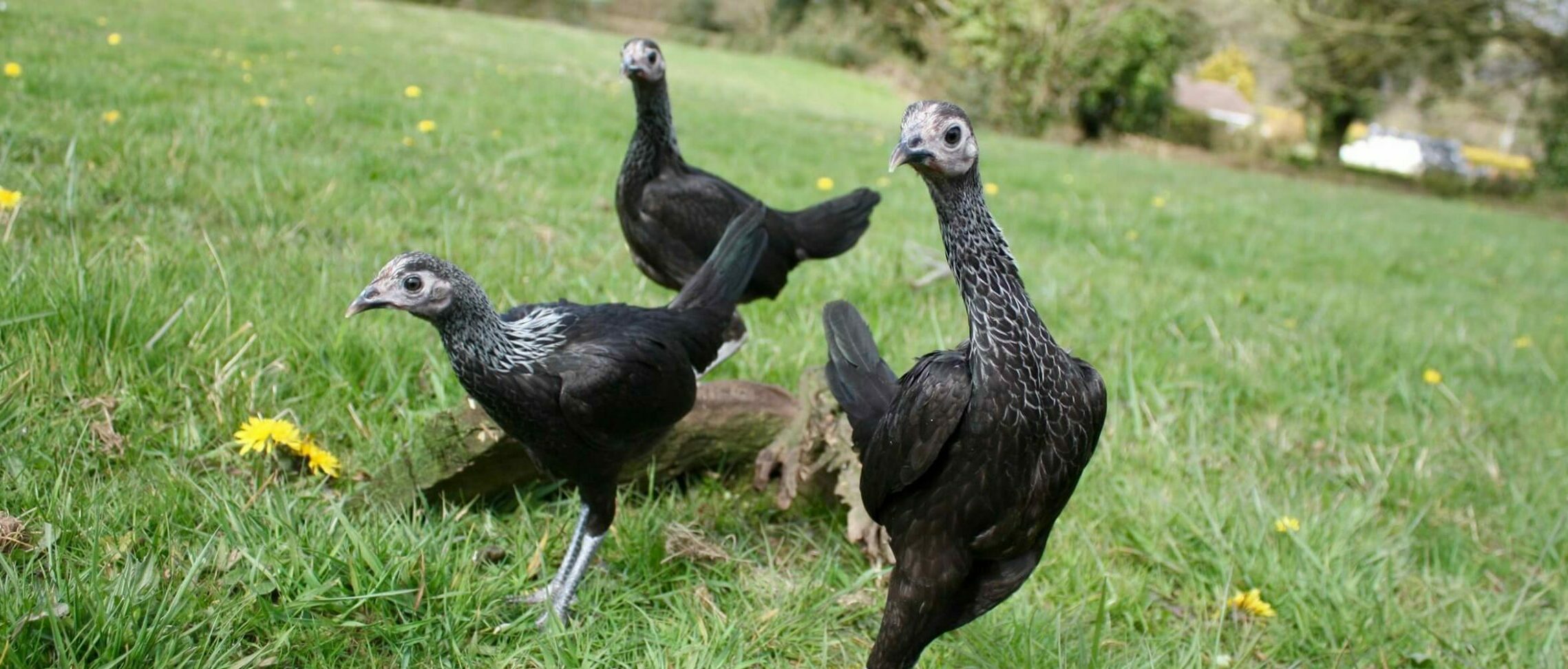



Sour Crop
What is Sour Crop in chickens?
Chickens have quite an unusual digestive process as they do not have teeth. Food is stored in a pouch on their chests which is called a crop. Hens will fill their crop by foraging and grazing throughout the day, the crop will empty during the nighttime by softening the food with enzymes, from there the food goes down into their gizzard where the food is then ground up and digested.
Sometimes there can be a blockage in the primary digestive process and food can become stuck in their crop. If food becomes stuck in their crop it is not able to go down to their gizzard and they can develop issues such as a blocked crop, soured crop or compacted crop, all of the above if not treated can cause serious issues including death by starvation.

What are the main symptoms of a malfunctioning Crop?
- Weight loss, if your bird is not getting enough food they will lose weight.
- The crop may feel like a watery balloon, squishy and soft.
- The crop may also feel incredibly hard and compact.
- Foul smelling breath, if the crop becomes infected you may be able to smell the infection on the chicken’s breath.
- Lethargy, not getting enough nutrients may make your hen lethargic and floppy.
- Brown liquid spilling from your chicken’s beak when the crop is pressed.
- Morning crops being full, a correctly functioning crop should be full at night and empty in the morning.
How does a Chicken Get a Malfunctioning Crop?
There are 2 types of a malfunctioning Crop as below:
- Soured, this is when a crop has contracted a yeast infection leading to the thickening of the crop wall. Sour Crop is caused by a disruption of the normal bacteria that inhabit the crop with an overgrowth of Candidia (a fungal species) often occurring. This can be due to a blockage or by the hen eating mouldy feed.
- Impacted Crop, this can also be known as a blocked Crop or Compacted crop, this is as it sounds, the crop has become blocked and food is no longer reaching the gizzard, food then sits in the crop and over time will become soured and infected.
The exact causes are not fully understood however, in our experience we have found the below reasons most common.
- Feeding mouldy food.
- Long blades of grass or vegetable peelings, this tends to affect bantam hens more as their crops are smaller.
How to prevent Soured and Impacted Crops.
Try not to feed your hens, particularly bantams and smaller breeds any food that is large as this can easily cause a blockage, even very long blades of grass can get stuck and cause a backup of food in the crop. Ensure feed is fresh and not mouldy, only feed the correct feed for the birds you have.
Effective Treatment for a Soured or Impacted crop.
If your hen has a blockage in their crop you will need to flush it out, we advise seeking professional veterinary advice before attempting to flush the crop yourself, if you are fairly confident.
You can also find videos on YouTube on how to do this process.
Flushing is by far the best way to treat a soured crop; however, some try to treat with natural remedies that are given to try and break up the blockage internally. Although this can be effective, the best course of action is to remove the infection and blockage rather than try and treat as the hen would then just be digesting old food that has been stuck in her crop and this can then lead to further digestive issue.
If this is not effective and your hen still has a blockage then seek professional veterinary advice as they may need a surgery and antibiotics to remove the blockage.
Once the crop has been flushed and the blockage removes treating with a friendly bacteria and probiotics can be very effective, natural yogurt is very good along with Apple Cider Vinegar, you can also use a Canesten oral supplement for a soured crop.
Face to Face Consultation.
If you are still unsure about the health of your chickens and would like a professional opinion, we now offer live face to face consultations via Zoom, WhatsApp or Facetime, this allows us to have a face-to-face call with you and your chickens. You can show us what’s wrong and we can then offer real-time advice and care tips.
